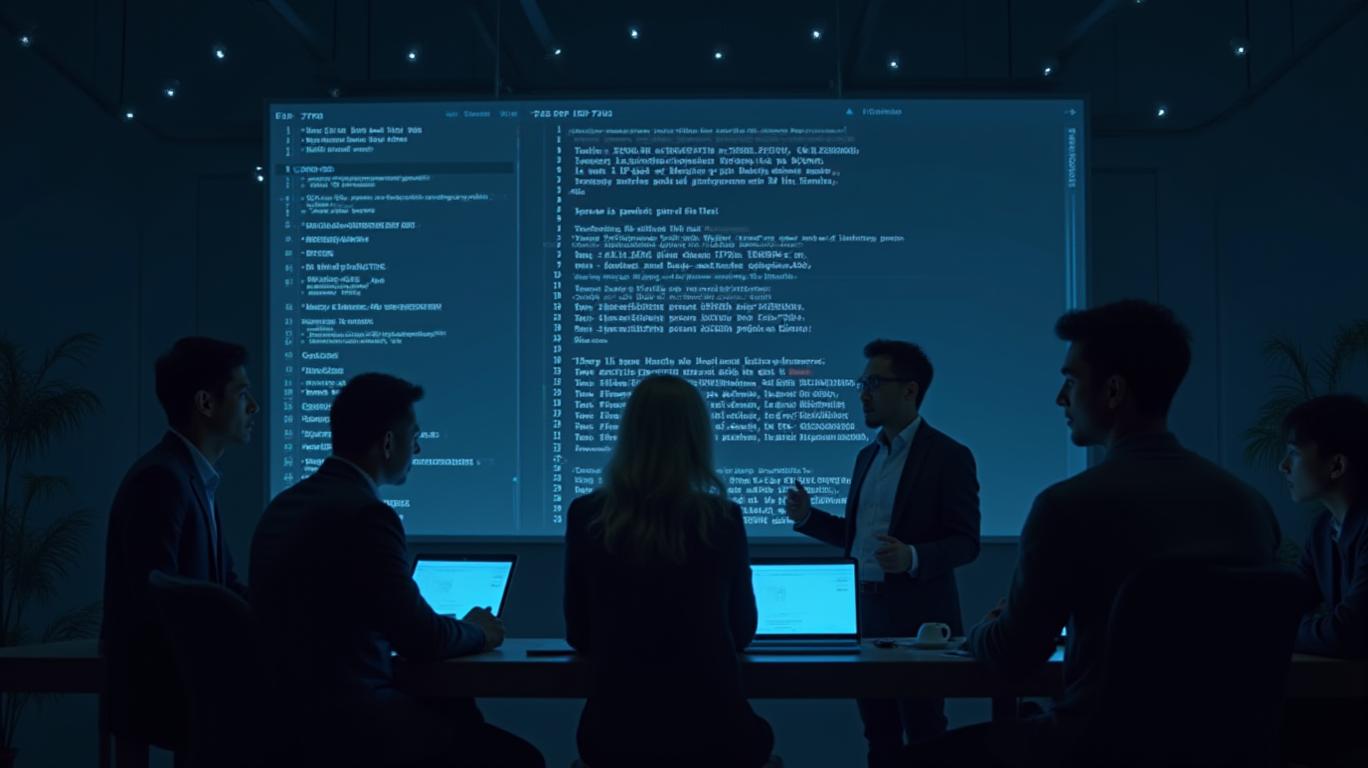Ethereum's EIP-7702 Upgrade Raises Security Concerns
Ethereum co-founder Vitalik Buterin has addressed growing concerns within the community regarding the upcoming EIP-7702 feature, part of the broader Pectra network upgrade. This feature enables standard wallet accounts, known as Externally Owned Accounts (EOAs), to temporarily function as smart contract accounts during a single transaction. The criticism surfaced after users on social platforms highlighted that the upgrade could create vulnerabilities for attackers to exploit delegation features. One user expressed alarm, noting that while basic protections exist for unsafe websites, delegation to malicious contracts could still go unnoticed.
These concerns center on the risk of users signing transactions that inadvertently hand over control to fraudulent contracts. If a user unknowingly approves such a transaction, it could result in a complete loss of funds with just one action. Buterin, in response, urged users to adopt a cautious approach. He advised that any use of the new feature should rely solely on contracts that have undergone thorough checks. "Delegation should be limited to a single, well-vetted contract that has been examined by trusted teams. That contract can then safely handle more complex logic," Buterin stated. This advice comes as the Ethereum community emphasizes the need for additional safeguards, given the potential for misuse of delegation without proper auditing. Users might unknowingly expose their wallets to phishing attempts or backdoor access.
EIP-7702 introduces a new transaction mechanism that allows EOAs to temporarily function like smart contracts. During the transaction, users can execute advanced logic, including sponsored gas fees and batch operations. After completion, the account returns to its original state. This proposal makes it easier for users to access smart contract-level features without permanently converting their wallets, providing more flexibility while maintaining the simplicity of regular EOAs. However, this flexibility also presents challenges. Attackers could create contracts that appear harmless but contain code that activates under specific conditions, making these threats difficult to detect during normal transaction flows.
The Pectra upgrade, originally scheduled for early May, has been moved up to April 21, following confirmation from Ethereum core developers. Once implemented, the update will allow developers and users to test the delegated transaction feature in a live environment. EIP-7702 was authored by Vitalik Buterin along with Ansgar Dietrich, Matt Garnett, and Sam Wilson. The goal is to enable EOAs to perform more advanced actions without compromising wallet design. Buterin’s public response serves as a reminder to the community to rely on known and reviewed tools, especially when trying out new features in upcoming protocol upgrades.
The Ethereum community has been actively discussing EIP-7702, recognizing it as a significant advancement in the evolution of the blockchain. The upgrade aims to bridge the gapGAP-- between EOAs and smart contracts, enabling more complex and dynamic interactions on the Ethereum network. However, the temporary nature of this functionality means users must be extra vigilant in ensuring that the contracts they interact with are secure and reliable. Buterin's warning highlights the importance of due diligence in the decentralized finance (DeFi) space, where security breaches can have severe consequences.
The potential risks associated with EIP-7702 extend beyond security concerns. The upgrade also raises questions about the decentralization of the Ethereum network. By allowing EOAs to act like smart contracts, there is a risk that centralized entities could gain more control over the network, potentially undermining the decentralized nature of Ethereum. This is a critical consideration for the Ethereum community, as decentralization is one of the core principles of the blockchain. Buterin's call for caution underscores the delicate balance that must be struck between innovation and security in the blockchain space. While EIP-7702 has the potential to unlock new possibilities for the Ethereum network, it also presents significant challenges that must be carefully navigated. The Ethereum community will need to collaborate to ensure that the upgrade is implemented in a way that maximizes its benefits while minimizing its risks. This will require a concerted effort from developers, users, and other stakeholders to ensure that the Ethereum network remains secure, decentralized, and innovative.

Quickly understand the history and background of various well-known coins
Latest Articles
Stay ahead of the market.
Get curated U.S. market news, insights and key dates delivered to your inbox.



Comments
No comments yet